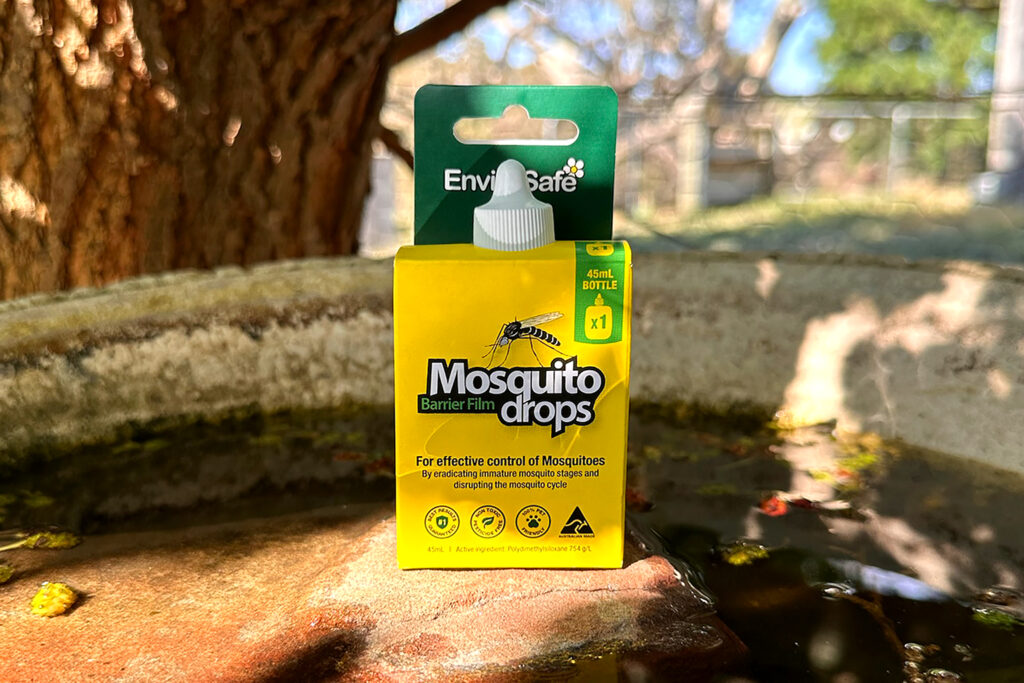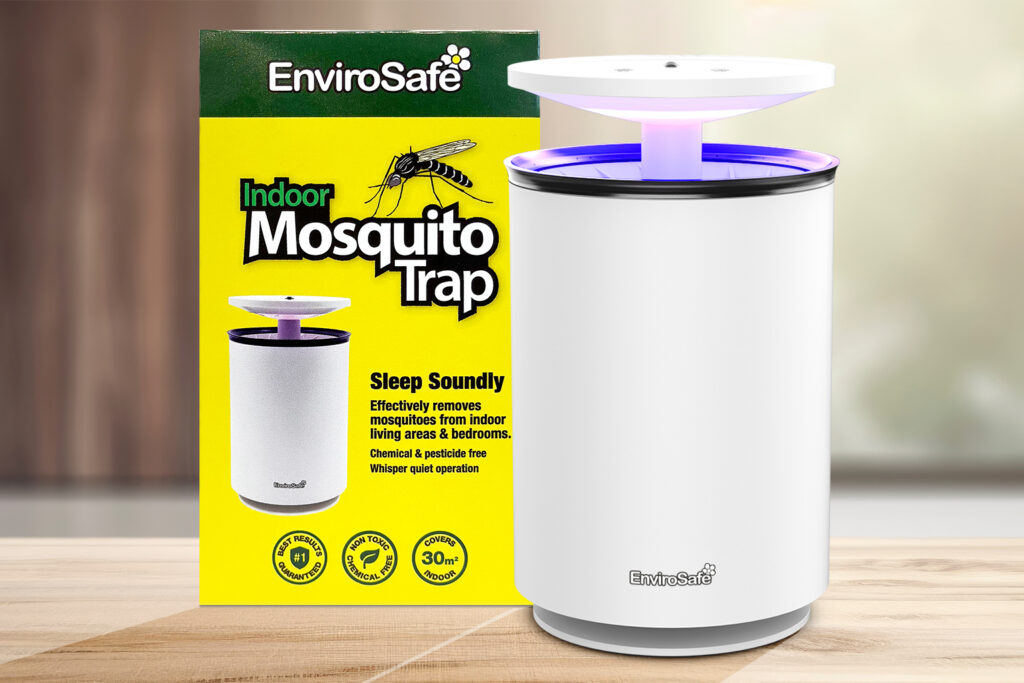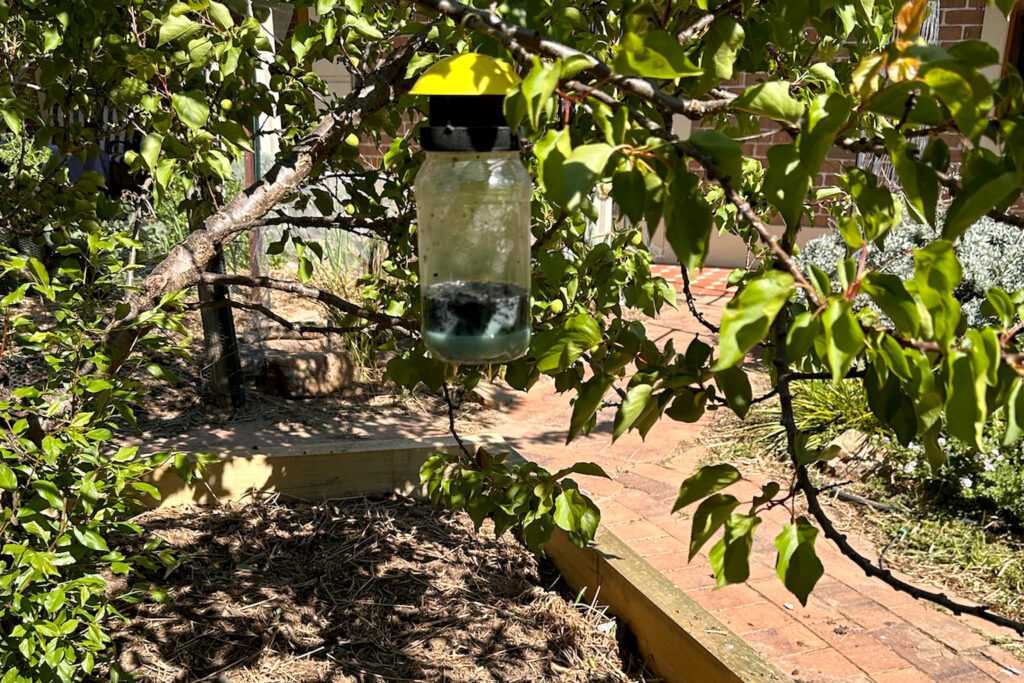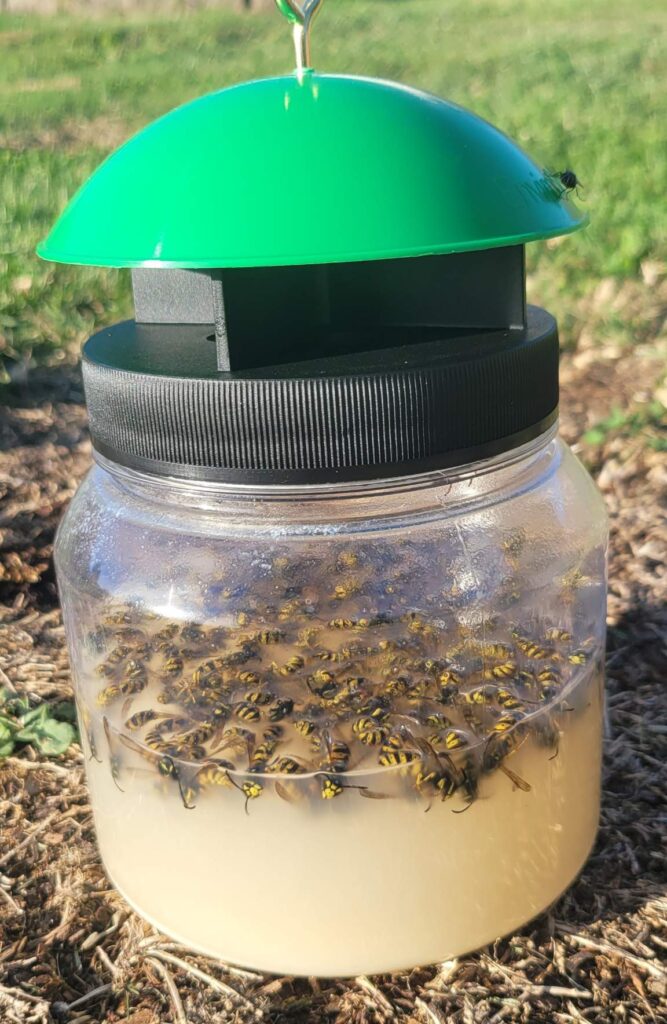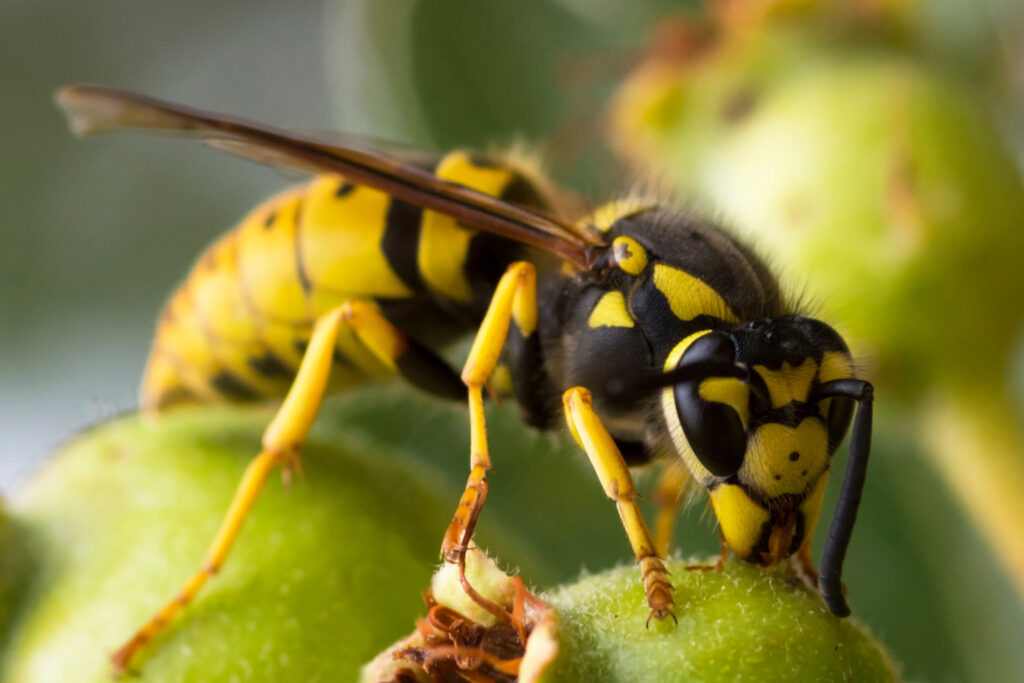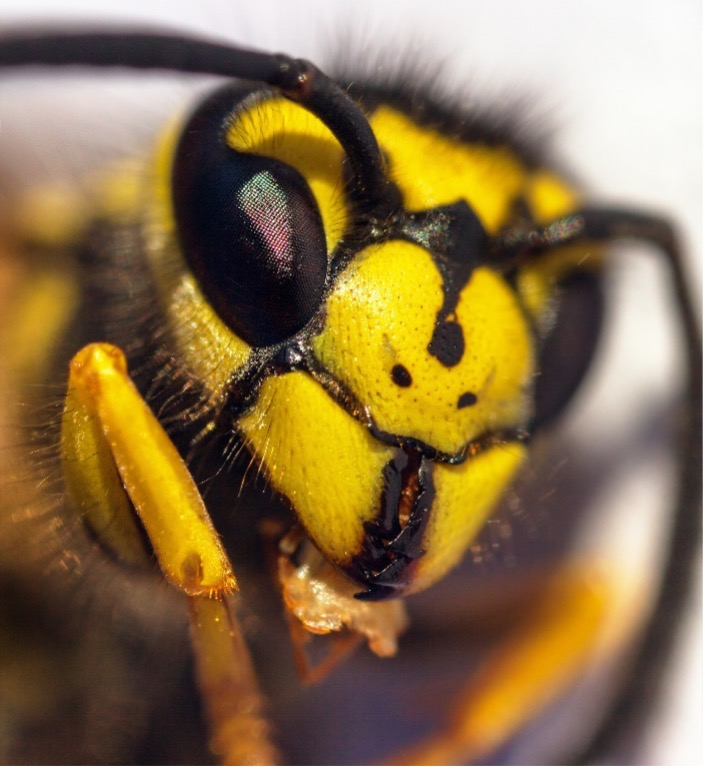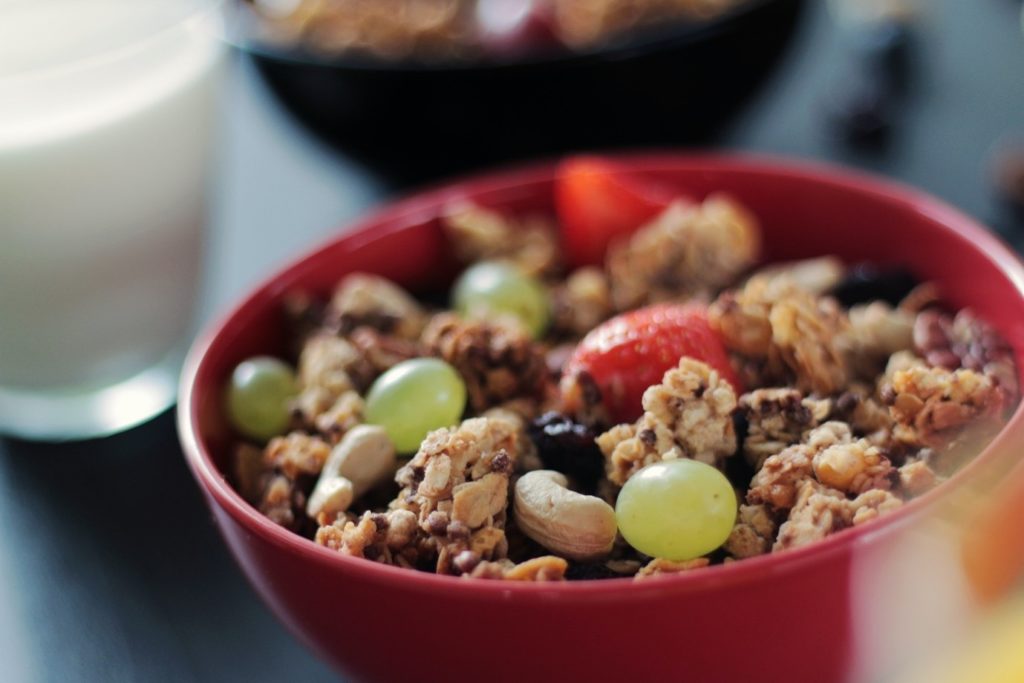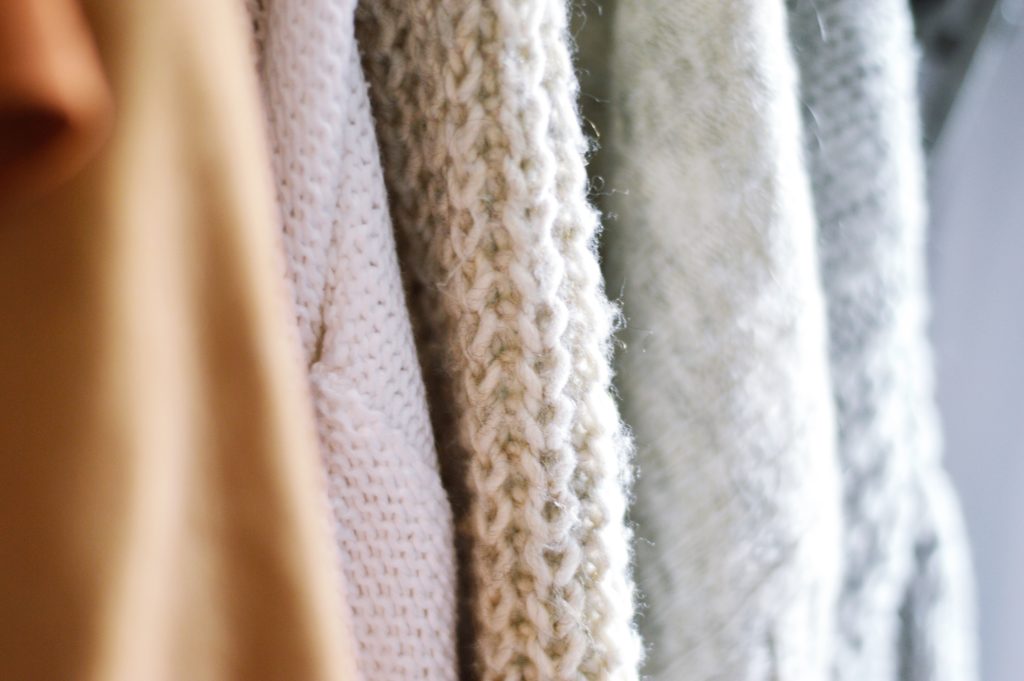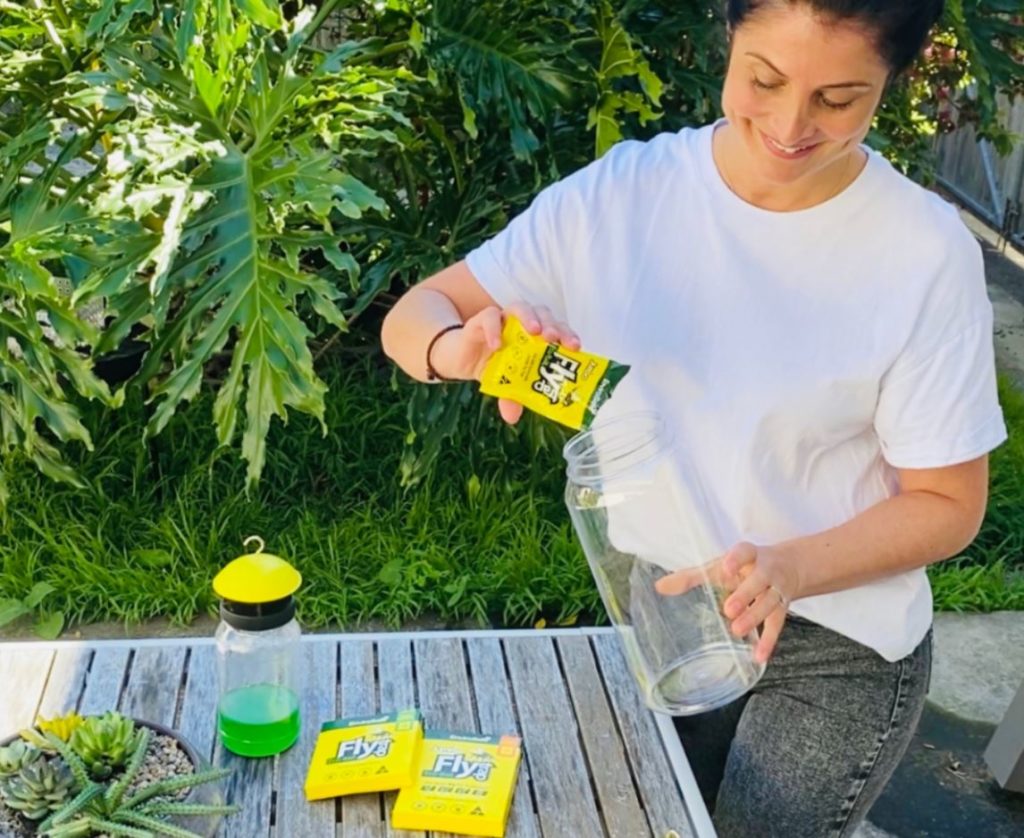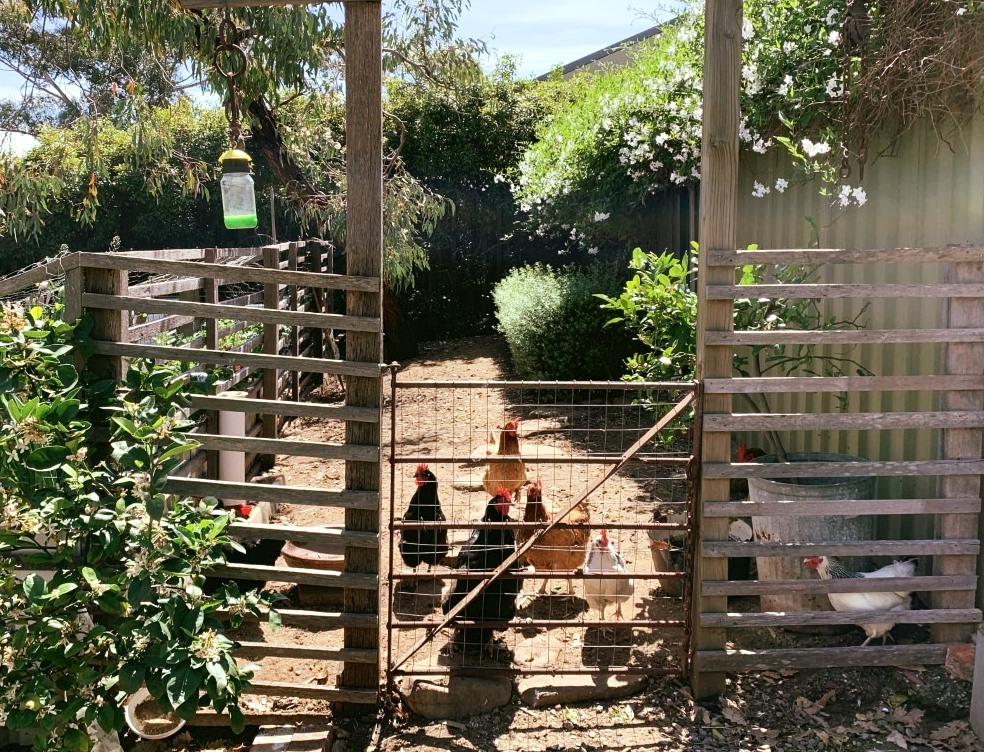EnviroSafe Mosquito Drops is a silicone-based liquid which self-spreads across the surface of standing water to form a very thin film, preventing mosquito larvae from completing their development and thereby disrupting the mosquito breeding cycle. About the mosquito lifecycle To understand how Mosquito Drops work, it’s handy to know a bit about the mosquito lifecycle….
Author Archives: EnviroSafe Staff Member
Introduction The combination of heat and humidity that is common in summer in many parts of Australia provides perfect conditions for mosquitoes to breed and their populations explode. And when mosquitoes find their way into the home, they can become a real problem, biting the family as they try to relax or sleep. Apart from…
Introduction EnviroSafe non-toxic fly traps are a boon for managing pesky flies without resorting to harmful chemicals. Over time, the contents do become a bit smelly, so the proper disposal of their contents is important to maintaining a fresh and odour-free living space. In this article, we delve into the art of eco-friendly disposal, with…
European Wasps can be difficult to control in residential areas. They build nests underground and forage widely around them, so you may have wasps entering your property, but their source, the nest, may be quite some distance away. If a nest has been identified, it can be destroyed by a trained specialist (get advice from your…
Introduction As summer arrives, so do the buzzing nuisances of blowflies and European wasps. While both are attracted to meat and carrion, understanding the lifecycle of the European wasp can help us better manage these pests. The Lifecycle of the European Wasp: The lifecycle of the European wasp consists of several distinct stages, each playing…
The European Wasp, Vespula germanica, is an insect pest that was accidentally introduced into Tasmania in 1959 and has since spread into mainland Australia. As a species that usually thrives in the cool or temperate conditions in Europe, it has established in South Australia and the eastern states as far north as Maitland in New South Wales. …
Do you have uninvited guests in your breakfast? If you’ve found a bit of silk or webbing stuck to the inside of your cereal packaging, you’ve got pantry moths! It’s not the actual pantry moths that eat your dried food products, but their larvae. The adult moths are short-lived and do not feed, but you…
Clothes moths are tiny moths that produce larvae which feed on our natural fibre clothes and furnishings. It may seem strange that “clothes moths” are from a family of moths known as “fungus moths”. However, in the wild, many of the moth species in this family have larvae that feed on fungi, lichens and dead…
So perhaps you have used the magnificent EnviroSafe fly trap to catch those nuisance flies and you have been amazed at the results. But to really keep on top of problem fly populations, it is helpful to be a little strategic in how you deploy and use your trap. Timing In temperate areas of Australia,…
Keeping poultry is an enjoyable and rewarding activity for many people, but as the weather warms up, the henhouse can become a magnet for flies. Why are flies attracted to our poultry sheds, why does it matter, and what can we do about it if we prefer not to use insecticides? Why are flies attracted…
- 1
- 2

